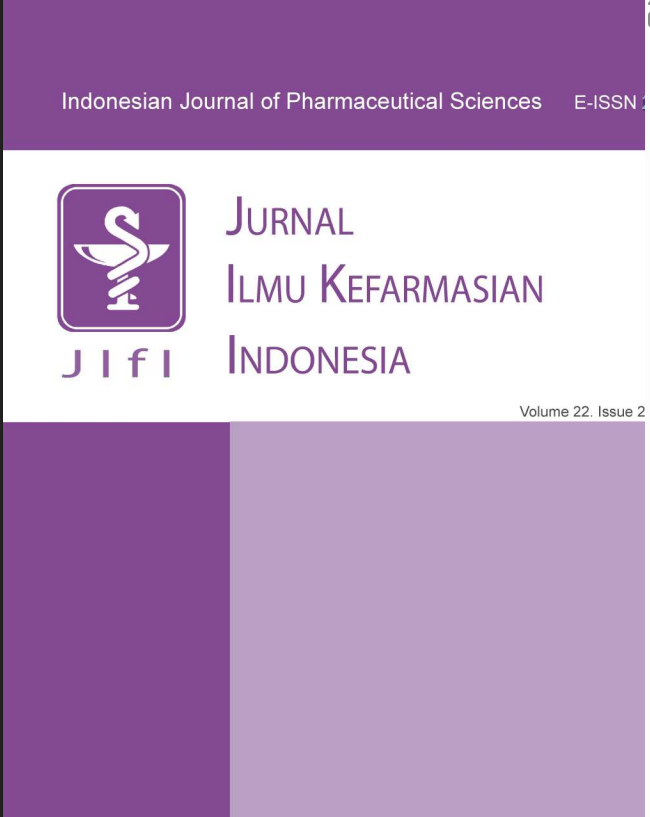
The lemongrass plant (Cymbopogon citratus) in Indonesia has great potential as a natural ingredient for medicines because it contains various compounds such as neral, citral, geranial acetate, flavonoids, and tannins. Previous research has demonstrated various pharmacological activities of kitchen lemongrass leaves, including antibacterial, antifungal, and anti-inflammatory properties. Encapsulation technology in the form of chitosan-NaTPP nanoparticles is used to maintain the activity of kitchen lemongrass leaf compounds. This research aims to determine the physical characteristics of the encapsulation of kitchen lemongrass leaf extract with several comparisons of chitosan and NaTPP by testing PSA (particle size analysis test), FTIR (functional group analysis test), viscosity, and stability, including pH and turbidity tests. Encapsulation with a 1:1 ratio of chitosan and NaTPP has a particle size of 524 nm and a PdI value of 0.481, classified as monodisperse (PdI <0.7). The pH value ranges from 6.46 to 7.30, and the viscosity value was 2.134–2.169 cP, which is still within mouthwash standards. The turbidity test showed stable encapsulation results. Therefore, encapsulation with a 1:1 ratio of chitosan and NaTPP is the most optimal choice and has potential for developing the therapeutic effect of mouthwash. KEYWORDS: Chitosan; encapsulation; lemongrass leaves; mouthwash; NaTPP.

Oleh :
Octarina